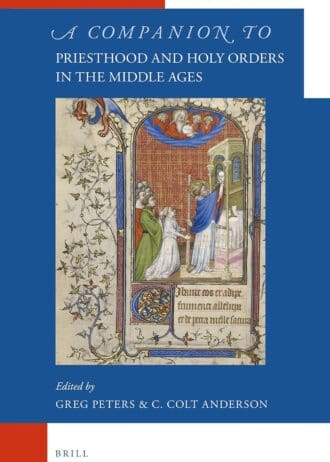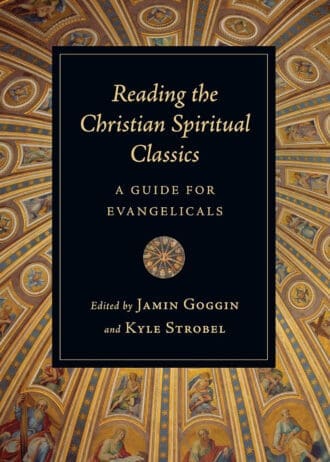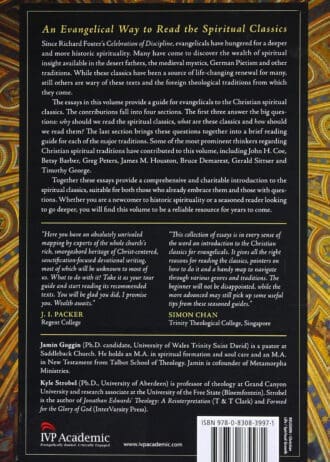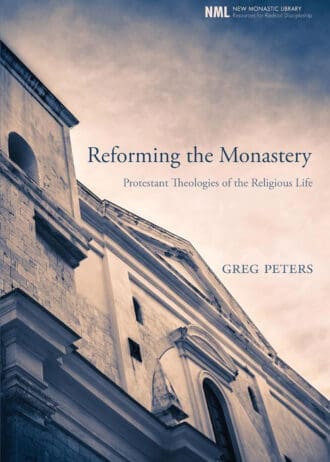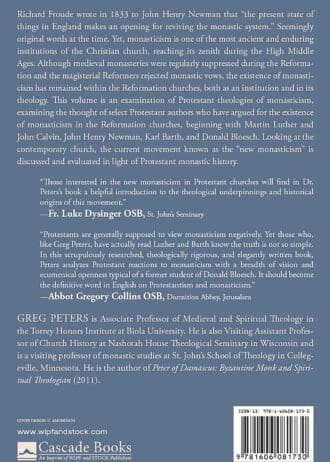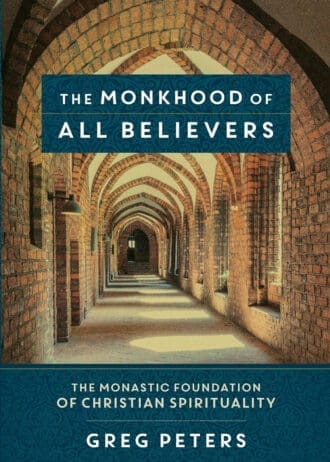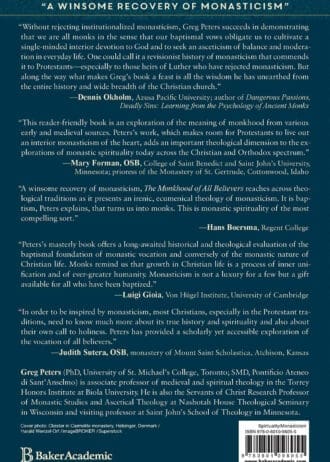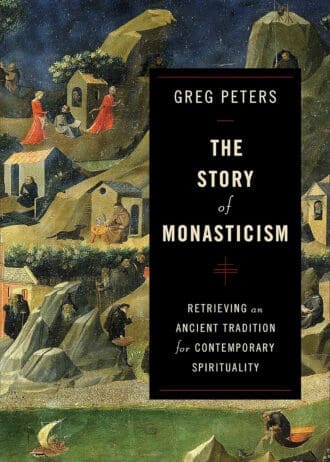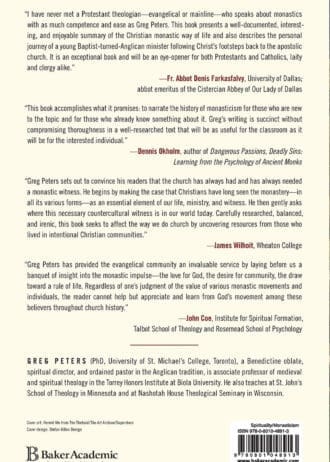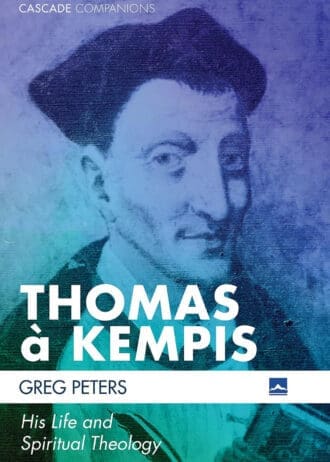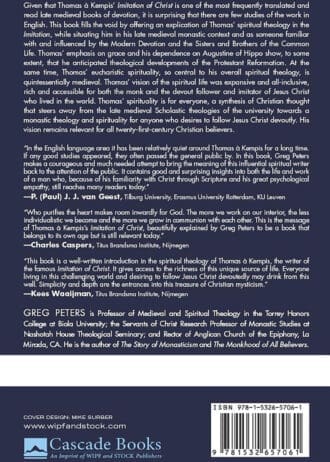Although the institution of monasticism has existed in the Christian church since the first century, it is often misunderstood. Greg Peters, an expert in monastic studies, reintroduces historic monasticism to the Protestant church, articulating a monastic spirituality for all believers. Peters argues that all monks are Christians, but all Christians are also monks. To be a monk, one must first and foremost be singled-minded toward God. This book presents a theology of monasticism for the whole church, offering a vision of Christian spirituality that brings together important elements of history and practice. The author connects monasticism to movements in contemporary spiritual formation, helping readers understand how monastic practices can be a resource for exploring a robust spiritual life.
Editorial Reviews
Without rejecting institutionalized monasticism, Greg Peters succeeds in demonstrating that we are all monks in the sense that our baptismal vows obligate us to cultivate a single-minded interior devotion to God and to seek an asceticism of balance and moderation in everyday life. One could call it a revisionist history of monasticism that commends it to Protestants–especially to those heirs of Luther who have rejected monasticism. But along the way what makes Greg’s book a feast is all the wisdom he has unearthed from the entire history and wide breadth of the Christian church.
Dennis Okholm, Azusa Pacific University; author of Dangerous Passions, Deadly Sins: Learning from the Psychology of Ancient Monks
This reader-friendly book is an exploration of the meaning of monkhood from various early and medieval sources. Peters’s work, which makes room for Protestants to live out an interior monasticism of the heart, adds an important theological dimension to the explorations of monastic spirituality today across the Christian and Orthodox spectrum.
Mary Forman, OSB, College of Saint Benedict and Saint John’s University, Minnesota; prioress of the Monastery of St. Gertrude, Cottonwood, Idaho
A winsome recovery of monasticism, The Monkhood of All Believers reaches across theological traditions as it presents an irenic, ecumenical theology of monasticism. It is baptism, Peters explains, that turns us into monks. This is monastic spirituality of the most compelling sort.
Hans Boersma, Regent College
Peters’s masterly book offers a long-awaited historical and theological evaluation of the baptismal foundation of monastic vocation and conversely of the monastic nature of Christian life. Monks remind us that growth in Christian life is a process of inner unification and of ever-greater humanity. Monasticism is not a luxury for a few but a gift available for all who have been baptized.
Luigi Gioia, Von Hügel Institute, University of Cambridge
In order to be inspired by monasticism, most Christians, especially in the Protestant traditions, need to know much more about its true history and spirituality and also about their own call to holiness. Peters has provided a scholarly yet accessible exploration of the vocation of all believers.
Judith Sutera, OSB, monastery of Mount Saint Scholastica, Atchison, Kansas

